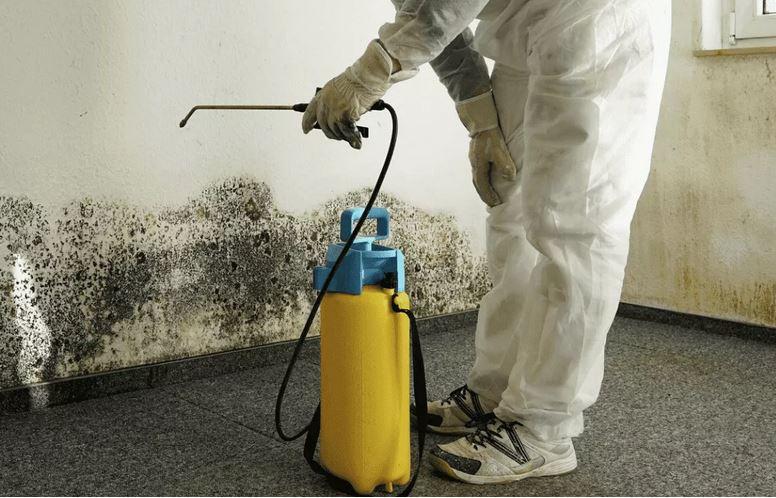In many homes and buildings, mold is a widespread issue, particularly in humid regions like Florida. Mold can seriously harm a building's structure and endanger the health of its residents if it isn't controlled. This is why getting a mold inspection in Florida is crucial. Everything you need to know about mold inspections in Florida, including the advantages, the method, and how to pick the best inspector, will be covered in this article.
Mold inspection: what is it?
The process of determining whether mold is present on a property is called a mold inspection florida. While mold grows best in moist surroundings, this entails locating any sections of the property that are damp or have a lot of moisture. A mold inspection also include collecting samples from the property's surfaces and air to look for mold spores.
Why is Mold Inspection Important?
Mold can cause a range of health problems, especially for people with allergies or respiratory issues. It can also weaken the structure of a building, causing it to become unsafe over time. By getting a mold inspection Florida, you can identify any potential mold problems early on and take steps to address them before they become a major issue.
The Process of Mold Inspection:
Mold inspection typically involves the following steps:
- Visual Inspection
The inspector will conduct a visual inspection of the property, looking for signs of mold, such as discoloration or moisture damage.
- Moisture Assessment
The inspector will use a moisture meter to check for areas of the property with high moisture levels, as mold thrives in damp environments.
- Air and Surface Sampling
The inspector will take samples of the air and surfaces in the property to test for the presence of mold spores.
- Laboratory Analysis
The samples collected during the inspection will be sent to a laboratory for analysis. The results of the analysis will indicate whether or not mold is present in the property and the type of mold that is present.
- Report and Recommendations
Based on the results of the inspection and analysis, the inspector will provide a detailed report outlining any mold problems found and recommendations for how to address them.
Choosing the Right Mold Inspector:
When choosing a mold inspector in Florida, it is important to consider the following factors:
- Qualifications and Experience
Look for an inspector who is licensed and experienced in mold inspection. They should also have a good understanding of building science and the principles of moisture control.
- Reputation
Check online reviews and ask for references to ensure that the inspector has a good reputation in the industry.
- Services Offered
Make sure that the inspector offers comprehensive mold inspection services, including air and surface sampling and laboratory analysis.
- Cost
Compare the cost of services from different inspectors to ensure that you are getting a fair price.
Conclusion:
A mold inspection florida will help you find any possible problems and take action to remedy them. Mold can be a severe concern for homes and buildings in Florida. Make careful to look at a mold inspector's credentials, reputation, services, and pricing before hiring them. By doing this, you can make sure that you have a thorough and accurate report on the mold inspection that will assist you in protecting both your home and your health.
